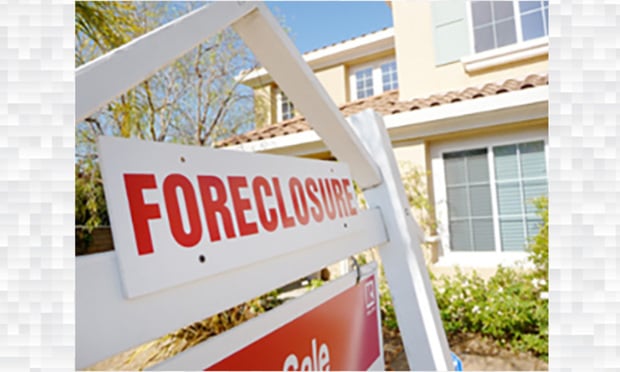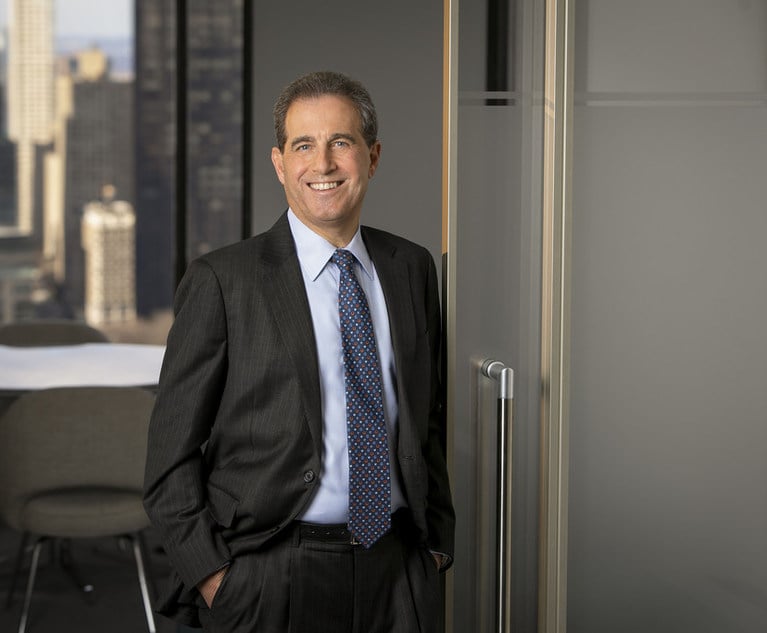 Budget legislation recently signed by the Governor introduced an important new pre-foreclosure notice specifically addressing defaults triggering reverse mortgage foreclosures affecting senior homeowners, while also making a technical fix to changes governing pre-foreclosure notices and settlement conferences for reverse mortgages that were signed into law in 2017, which were previously reported in these pages. Jacob Inwald, “Residential Foreclosures: Reverse Mortgages Now Covered in New York,” N.Y.L.J. (July 25, 2017). These amendments to New York Real Property Law (RPAPL) 1304 and Civil Practice Law and Rules (CPLR) 3408 appear in Part HH, 2018 Sess. Laws of N.Y., Ch. 58 (A. 9508-C) (McKinneys). They supplement the 2016 amendments to New York’s residential foreclosure settlement conference law, detailed in an earlier article. Jacob Inwald, “Residential Foreclosures: Legislative Changes to Settlement Conference Law,” N.Y.L.J. (July 29, 2016).
Budget legislation recently signed by the Governor introduced an important new pre-foreclosure notice specifically addressing defaults triggering reverse mortgage foreclosures affecting senior homeowners, while also making a technical fix to changes governing pre-foreclosure notices and settlement conferences for reverse mortgages that were signed into law in 2017, which were previously reported in these pages. Jacob Inwald, “Residential Foreclosures: Reverse Mortgages Now Covered in New York,” N.Y.L.J. (July 25, 2017). These amendments to New York Real Property Law (RPAPL) 1304 and Civil Practice Law and Rules (CPLR) 3408 appear in Part HH, 2018 Sess. Laws of N.Y., Ch. 58 (A. 9508-C) (McKinneys). They supplement the 2016 amendments to New York’s residential foreclosure settlement conference law, detailed in an earlier article. Jacob Inwald, “Residential Foreclosures: Legislative Changes to Settlement Conference Law,” N.Y.L.J. (July 29, 2016).
Reverse mortgages are loans that allow homeowners aged 62 and older to tap into their home equity while remaining in their homes, and can be an important resource for seniors who have insufficient income to cover their living expenses. Instead of making a payment each month to cover principal and interest, the debt accrues against the borrower’s home equity, and the loan (which most typically is insured by the Federal Housing Administration, known as a Home Equity Conversion Mortgage, or “HECM”) is not due and payable until the borrower’s death. But the marketing and origination of reverse mortgages are sometimes accompanied by unfair and deceptive practices, as the many late-night television ads attest; borrowers are often not aware that they are responsible for payment of taxes and insurance, known as property charges, and that a failure to pay such charges can trigger a reverse mortgage “default” that can result in a foreclosure, as can non-compliance with other conditions of the mortgage, such as continuing to reside in the premises.






